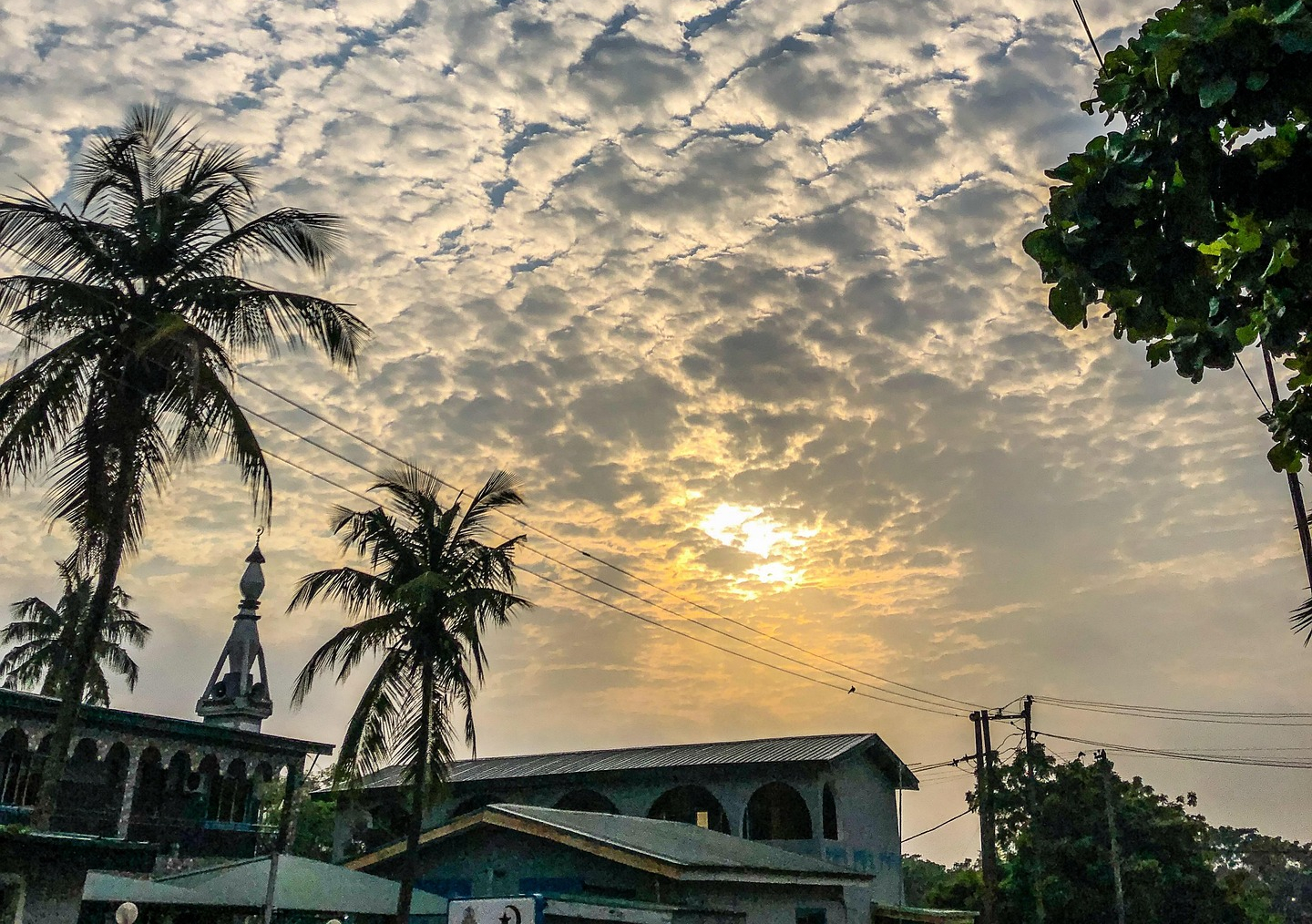Intersectionality and Detrimental Agency in Nigeria’s Researchscape
DOI:
https://doi.org/10.31273/eirj.v12i2.1611Keywords:
detrimental agency, intersectionality, intersectional wand, researchscape, higher educationAbstract
This study presents Nigeria’s researchscape as an archetype of sites where intersections of multiple identities of gender, race, and class are performed. Despite the acclaimed strength of intersectionality to unearth hidden oppressions, its commitment to addressing the oppressions it uncovers requires scholarly scrutiny.
The study takes a historical approach regarding intersectionality to probe into what comprises any intersectional focus in academia and how much the researchscape has benefitted from intersectional methodological thinking. Using methods of critical analysis and deconstructive argumentation, ‘Detrimental Agency’ is introduced to highlight how positionality and reflexivity influence multiple layers of oppression in academia, depending on who possesses the ‘intersectional wand’.
Funding Acknowledgements
This publication arose from a project financed by the Africa Multiple Cluster of Excellence at the University of Bayreuth (funded by the German Research Foundation under Germany‘s Excellence Strategy – EXC 2052/1 – 390713894).
Downloads

Downloads
Published
Issue
Section
License
Copyright (c) 2025 Sharon Omotoso, Tito Kolawole

This work is licensed under a Creative Commons Attribution 4.0 International License.
Authors who publish with this journal agree to the following terms:
Authors retain copyright and grant the journal right of first publication with the work simultaneously licensed under a Creative Commons Attribution License (CC-BY), which permits use and redistribution of the work provided that the original author and source are credited, a link to the license is included, and an indication of changes which were made. Third-party users may not apply legal terms or technological measures to the published article which legally restrict others from doing anything the license permits.
If accepted for publication authors’ work will be made open access and distributed under a Creative Commons Attribution (CC-BY) license unless previously agreed with Exchanges’ Editor-in-Chief prior to submission.
Authors are able to enter into separate, additional contractual arrangements for the non-exclusive distribution of the journal's published version of the work (e.g., post it to an institutional repository or publish it in a book), with an acknowledgement of its initial publication in this journal.
Authors are permitted and encouraged to post their work online (e.g., in institutional repositories or on their website) prior to and during the submission process, as it can lead to productive exchanges, as well as earlier and greater citation of published work. (see: The Effect of Open Access)
